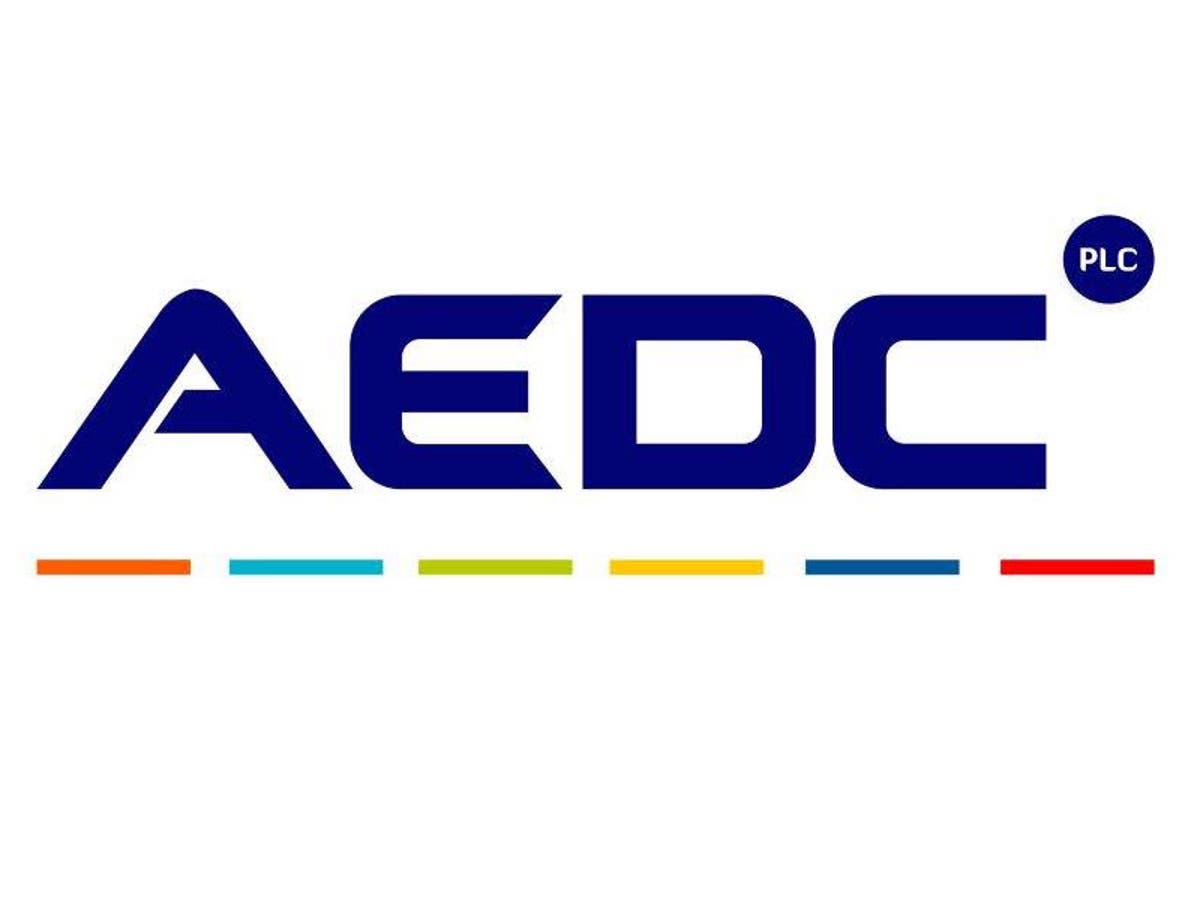The Abuja Electricity Distribution Company (AEDC) is entrusted with providing power to consumers in the Federal Capital Territory (FCT) and beyond.
However, recent developments point to an alarming trend of arbitrary movement of customers from Band B to Band A. Residents in areas such as Kubwa and Lugbe are decrying their arbitrary transfer to Band A, a tariff category meant for those receiving at least 20 hours of electricity daily.
These consumers, far from enjoying the benefits of a premium service, are often left in the dark for the better part of their days.
This must be stopped, and it is time the Nigerian Electricity Regulatory Commission (NERC) stepped in to protect consumers.
- Flood: Sultan, NSCIA laud FG over disaster relief fund
- What govt can do to avert Oct 1 protest – Deji Adeyanju
Under Nigeria’s electricity tariff system, Band A customers are supposed to receive premium service, with no less than 20 hours of electricity daily. For this, they are charged a premium rate of N209.51 per kilowatt hour (kWh).
In principle, this system ensures that those who enjoy better services pay more. But in practice, AEDC appears to have blurred the lines, subjecting customers to Band A tariffs without offering them the corresponding hours of electricity supply.
Take, for instance, the case of Mrs. Eniola Williams, a civil servant residing in Kubwa. In her interview with the News Agency of Nigeria (NAN), she expressed her frustration when she realised that her recharge of N5,000 only yielded 22.2 units of electricity.
In her area, she struggles to receive up to nine hours of power supply daily—nowhere near the 20 hours promised to Band A customers. Similarly, Mr. Ernest Osagie from Lugbe recounted how N10,000 got him only 44.4 units, again with no significant improvement in power supply.
These are not isolated incidents. Many residents in Kubwa, Lugbe, and surrounding areas are facing the same reality: paying for a premium service they do not receive.
This arbitrary classification has resulted in undue financial pressure on residents, many of whom are already grappling with Nigeria’s harsh economic conditions.
Electricity is a necessity, and consumers deserve to pay for what they receive. The Nigerian Electricity Regulatory Commission (NERC) must step up to its role as the watchdog of the sector.
The very essence of regulation is to ensure that service providers adhere to set standards and that consumers are not exploited.
One immediate step NERC should take is to conduct a thorough investigation into tariff classifications.
There needs to be an independent audit of electricity supply to these areas to determine whether they meet the 20-hour threshold required for Band A billing. If, as the consumers claim, they are receiving far less than that, then the utility company should be compelled to revert them to a lower tariff band.
In addition, NERC should implement more stringent measures to ensure that utility companies are held accountable for their actions.
This could include introducing fines for companies that deliberately misclassify customers or fail to deliver the promised level of service.
Consumers, on their part, should be encouraged to report any discrepancies in their billing or electricity supply through a transparent and accessible grievance process.
The larger issue here goes beyond just Band A misclassification; it speaks to the need for a more equitable electricity distribution system in Nigeria.
While we understand the challenges facing the power sector, including generation and transmission difficulties, it is unacceptable for consumers to bear the consequences of systemic inefficiencies.
Service providers must be made to understand that their responsibility lies with the people they serve, and unjust practices will not be tolerated.
As Nigerians, we must demand better. The arbitrary transfer of consumers to a higher tariff band without adequate service is nothing short of exploitation, and it must be stopped.
NERC must act decisively to checkmate all excesses.
Adebayo Ademola wrote from Abuja.

 Join Daily Trust WhatsApp Community For Quick Access To News and Happenings Around You.
Join Daily Trust WhatsApp Community For Quick Access To News and Happenings Around You.


